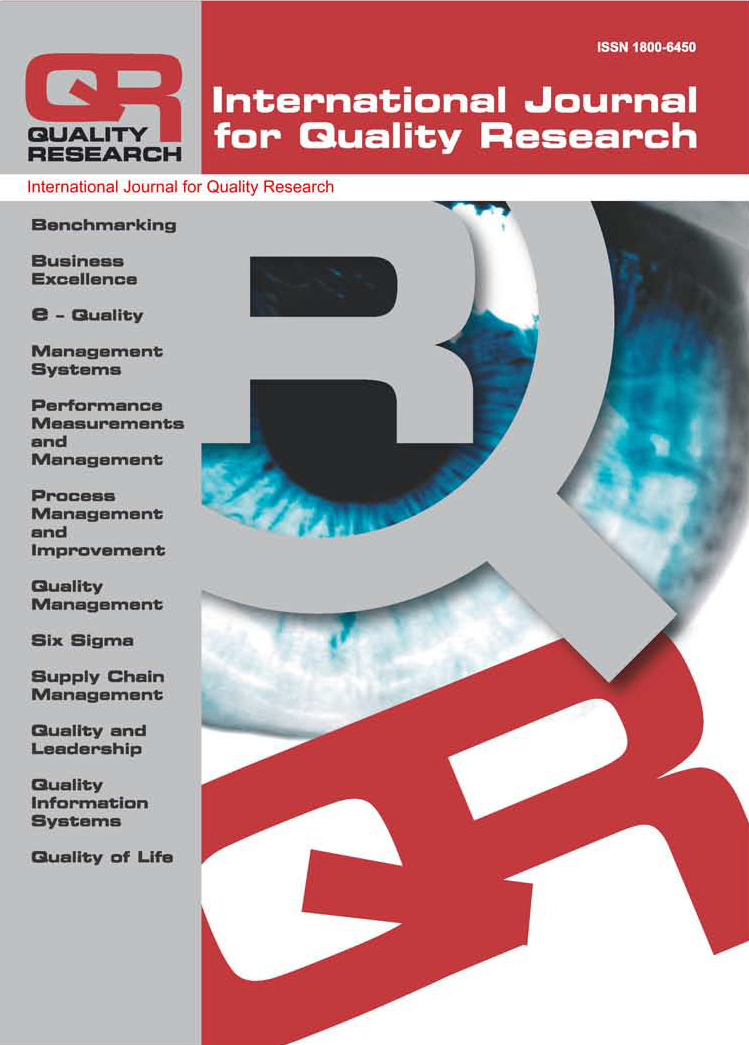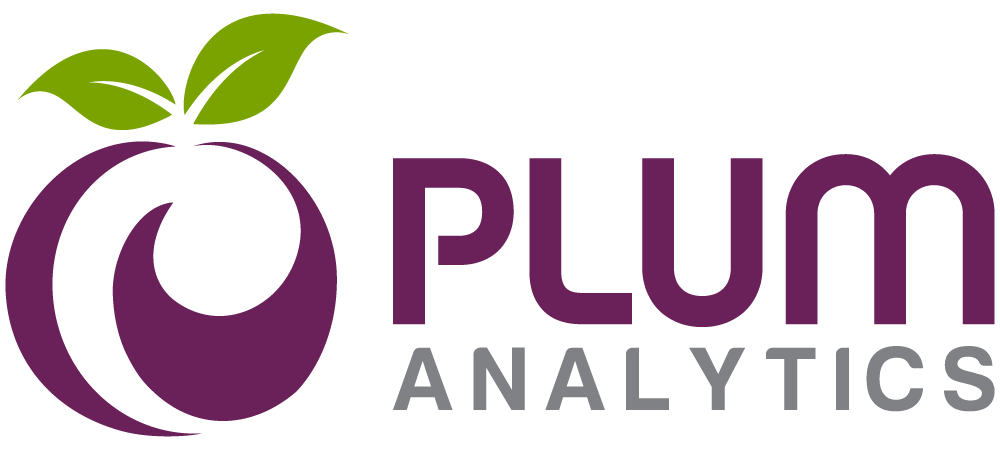ECOLINGUISTIC QUALITIES OF THE OPTIMAL ENGLISH LANGUAGE LEARNING EXPERIENCE
Alina-Andreea Dragoescu Urlica, Sandra Stefanović
Abstract: This paper looks at language learning from an ecological perspective, which highlights the co-relational nature of educational processes. In language learning ecology, ESP practice develops organically, as learners interact and cooperate among peers. Some essential concepts this approach focuses on are developing dialogical interaction and building ecologically holistic environments for learning. The study surveys these basic principles of the ecological approach from a theoretical, as well as practical perspective, using experimental-informed data from our shared teaching contexts. The outlook we suggest puts forward a complex system of ecological learning as a catalyst for proficiency and achievement of high quality in English language education. Incorporating specialty topics and qualitative skills facilitates the learners' integration in the multi-disciplinary society awaiting them. Therefore, professional language and interpersonal or "soft" skills are essential for ESP learners in an ecological learning framework which holistically tackles different areas of competency in correlation with meaningful knowledge about the world.
Keywords: Language learning/teaching, English for Special Purposes, Quality, Eco-linguistics
DOI: 10.18421/IJQR12.02-14
Recieved: 24.01.2018 Accepted: 29.03.2018 UDC: 005.591:004.85:811.111
Reads: 1533 







